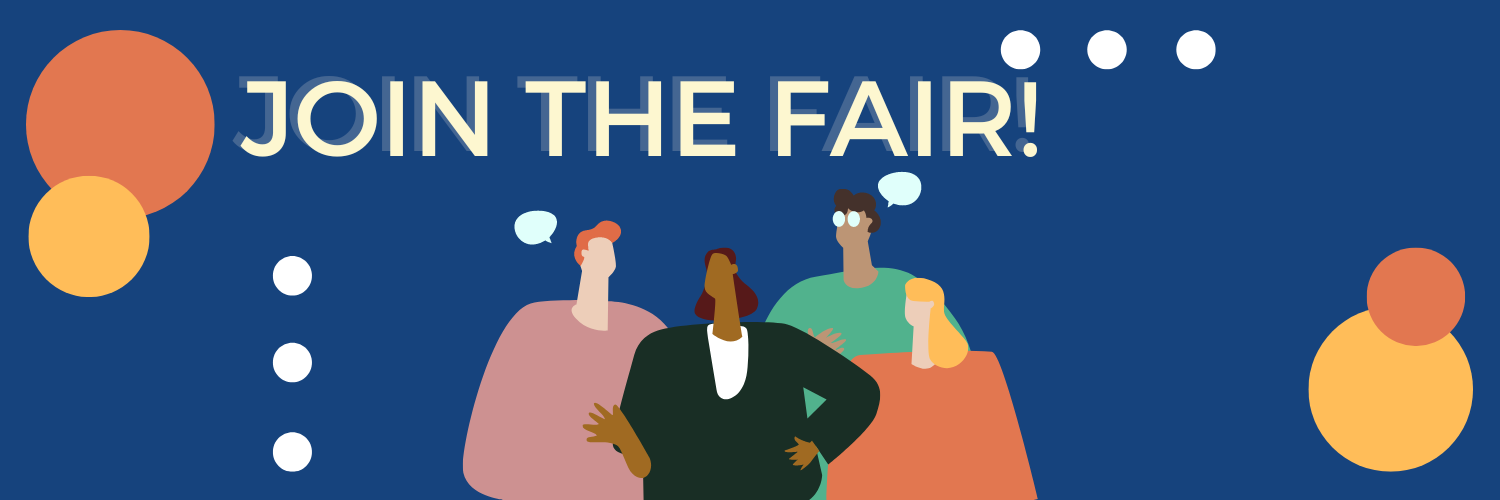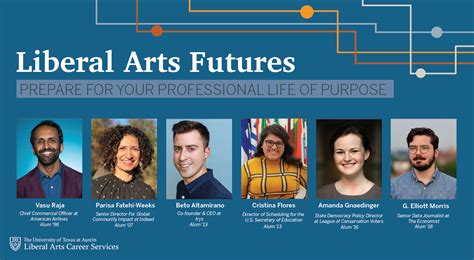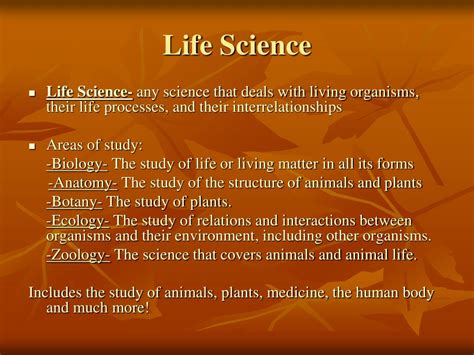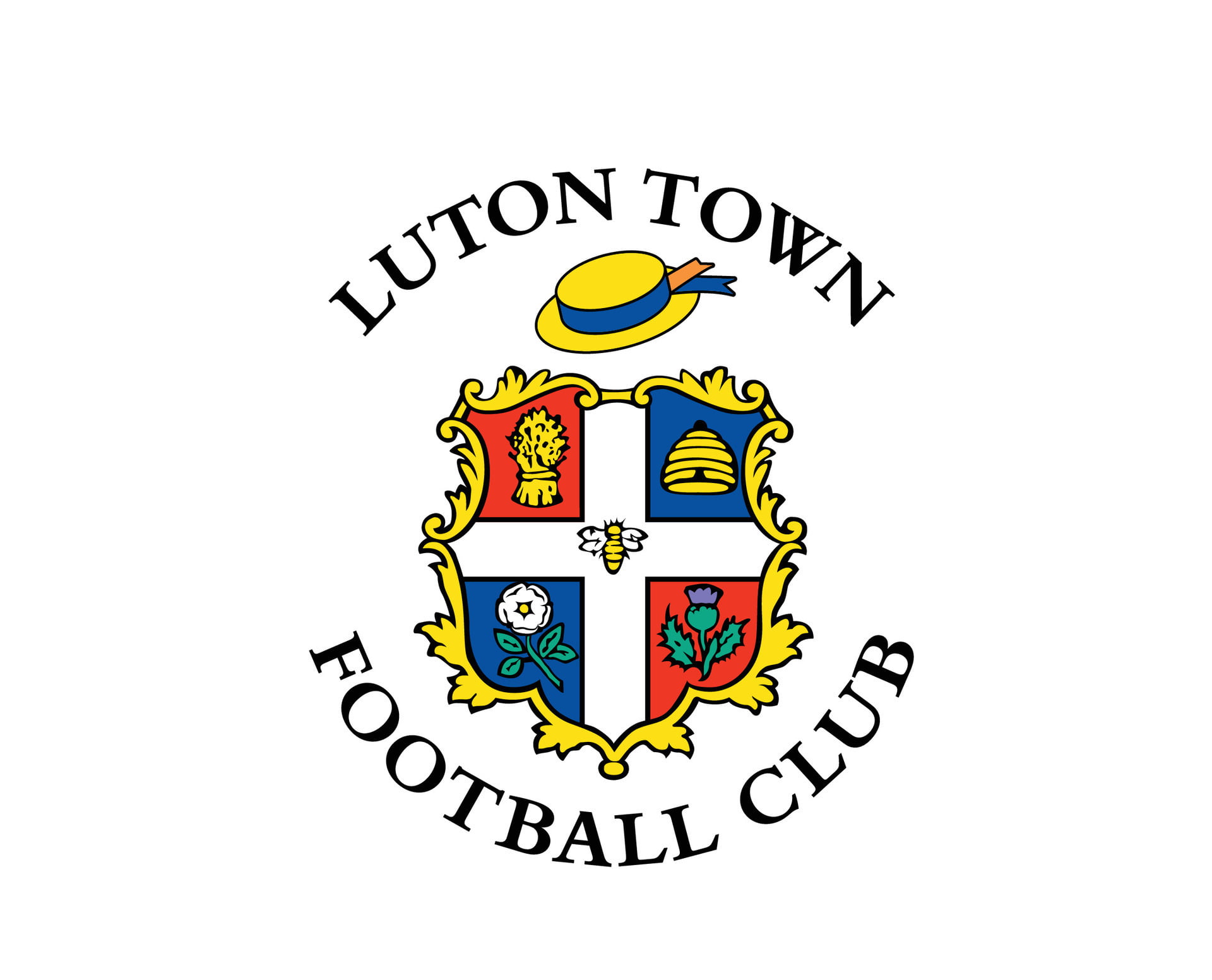Liberal Arts Careers

The liberal arts field is a diverse and vibrant domain that encompasses a wide range of disciplines, offering numerous career paths and opportunities for individuals with a passion for knowledge and a broad-based education. This article aims to delve into the exciting world of liberal arts careers, exploring the diverse roles, skills, and prospects available to graduates. With a focus on the practical applications of a liberal arts education, we will uncover the hidden gems and uncover the many ways in which a liberal arts degree can lead to a fulfilling and successful career.
Unveiling the World of Liberal Arts Careers

Liberal arts education has long been recognized for its ability to foster critical thinking, analytical skills, and a deep understanding of the human condition. However, the career paths that stem from this rich educational background are often diverse and unique, offering a range of options that might surprise even the most seasoned professionals.
The beauty of a liberal arts degree lies in its versatility. Unlike more specialized fields, a liberal arts education equips individuals with a broad skill set, making them adaptable and ready to tackle a variety of roles across different industries. From the creative arts to the hard sciences, the liberal arts graduate is a chameleon, able to shift and adapt to the ever-changing landscape of the modern workforce.
The Creative Arts: Unlocking Your Inner Artist
For those with a passion for the creative arts, a liberal arts degree can be the perfect springboard. Whether it’s visual arts, music, theater, or writing, a liberal arts education provides a solid foundation for pursuing a career in the arts. With a focus on developing critical analysis skills and an understanding of the historical and cultural context of the arts, liberal arts graduates are well-equipped to pursue a variety of creative careers.
Imagine a graduate with a degree in English Literature and a passion for writing. With their deep understanding of narrative structure, character development, and the power of language, they can pursue a career as a novelist, screenwriter, or even a content creator for digital media. Similarly, a graduate with a degree in Fine Arts can leverage their skills in painting, sculpture, or digital media to become an artist, curator, or art therapist.
| Creative Career | Liberal Arts Major |
|---|---|
| Writer/Author | English, Creative Writing |
| Visual Artist | Fine Arts, Art History |
| Music Producer | Music, Music Production |
| Theater Director | Theater Arts, Drama |

The Humanities: Navigating the Complex World of Ideas
The humanities offer a rich tapestry of career paths for liberal arts graduates. From philosophy and history to languages and cultural studies, the humanities provide a deep understanding of human culture, society, and the human condition. This understanding is invaluable in a variety of careers, particularly those that involve communication, research, and critical analysis.
A graduate with a degree in Philosophy, for instance, can pursue a career as a philosopher, ethical advisor, or even a policy analyst. Their ability to think critically and analyze complex ideas makes them an asset in fields such as law, politics, and business. Similarly, a graduate with a degree in History can become a historian, museum curator, or even a journalist, leveraging their research skills and knowledge of the past to inform the present.
| Humanities Career | Liberal Arts Major |
|---|---|
| Philosopher/Ethical Advisor | Philosophy |
| Historian/Curator | History, Museum Studies |
| Linguist/Translator | Linguistics, Foreign Languages |
| Cultural Studies Specialist | Cultural Studies, Anthropology |
The Social Sciences: Understanding Human Behavior
The social sciences offer a unique insight into human behavior, society, and the complex interactions that shape our world. For liberal arts graduates with a passion for understanding people and their environments, the social sciences provide a wealth of career opportunities.
A degree in Psychology, for instance, can lead to careers as a psychologist, counseling professional, or even a market researcher. Their understanding of human behavior and motivation makes them invaluable in fields such as healthcare, education, and business. Similarly, a graduate with a degree in Sociology can pursue careers in social work, community development, or even as a policy analyst, using their knowledge of social structures and dynamics to effect positive change.
| Social Sciences Career | Liberal Arts Major |
|---|---|
| Psychologist/Counselor | Psychology |
| Social Worker | Social Work, Sociology |
| Market Researcher | Marketing, Consumer Behavior |
| Policy Analyst | Political Science, Public Policy |
The Sciences: A Unique Perspective
While a liberal arts education might not immediately bring to mind careers in the hard sciences, the skills and knowledge gained through a liberal arts education can actually be a unique asset in scientific fields. The ability to think critically, analyze complex data, and communicate effectively are highly valued in the sciences, making liberal arts graduates a sought-after addition to scientific teams.
A graduate with a degree in Biology, for instance, can pursue a career as a researcher, laboratory technician, or even a science writer. Their ability to understand and communicate complex scientific concepts, coupled with their broad-based education, makes them an asset in fields such as healthcare, environmental science, and even journalism. Similarly, a graduate with a degree in Mathematics can pursue careers in data analysis, financial planning, or even computer programming, leveraging their mathematical skills and logical thinking.
| Sciences Career | Liberal Arts Major |
|---|---|
| Research Scientist | Biology, Chemistry |
| Data Analyst | Mathematics, Statistics |
| Science Writer/Communicator | Science Communication, Biology |
| Environmental Scientist | Environmental Science, Geology |
The Practical Benefits of a Liberal Arts Education

Beyond the diverse career paths, a liberal arts education offers a range of practical benefits that can enhance an individual’s professional journey. These benefits include a broad skill set, adaptability, and a deep understanding of the world around us.
A Broad Skill Set
A liberal arts education equips individuals with a wide range of skills, including critical thinking, analytical abilities, effective communication, and a deep understanding of human behavior and society. These skills are transferable across a variety of careers, making liberal arts graduates highly adaptable and versatile.
Adaptability and Versatility
The ability to adapt and be versatile is a highly valued asset in today’s rapidly changing job market. A liberal arts education provides graduates with the skills and knowledge to navigate different industries and roles, making them adaptable to changing circumstances and job requirements. This adaptability can lead to a more fulfilling and successful career, as individuals are able to explore different paths and opportunities.
Understanding the World Around Us
A liberal arts education provides a deep understanding of the human condition, society, and the world around us. This understanding is invaluable in a range of careers, particularly those that involve working with people, understanding cultural contexts, and addressing societal issues. By studying a variety of disciplines, liberal arts graduates gain a broad perspective that can inform their work and personal lives.
Conclusion: A World of Opportunities
A liberal arts education opens doors to a vast array of career paths, offering individuals the chance to pursue their passions and make a meaningful impact in the world. From the creative arts to the hard sciences, the liberal arts graduate is a versatile professional, ready to tackle a variety of roles and make a difference. With a broad skill set, adaptability, and a deep understanding of the human condition, liberal arts graduates are well-equipped to succeed in a rapidly changing job market.
As we've explored in this article, the career paths available to liberal arts graduates are diverse and unique, offering a range of opportunities that can be both fulfilling and rewarding. Whether it's pursuing a passion for the arts, understanding human behavior, or making a difference through scientific research, the liberal arts field provides a rich tapestry of possibilities. So, for those considering a liberal arts education, know that you are embarking on a journey that will not only enrich your mind but also open doors to a world of exciting career opportunities.
How can a liberal arts education benefit my career prospects?
+A liberal arts education provides a broad skill set, including critical thinking, analytical abilities, and effective communication. These skills are transferable across various industries, making liberal arts graduates adaptable and versatile. Additionally, the deep understanding of human behavior and society gained through a liberal arts education can be invaluable in careers that involve working with people and addressing societal issues.
What are some common career paths for liberal arts graduates?
+Liberal arts graduates can pursue a wide range of careers, including but not limited to: writers, artists, historians, philosophers, psychologists, social workers, researchers, and science communicators. The versatility of a liberal arts education means that graduates can explore a variety of fields, depending on their interests and passions.
Can a liberal arts degree lead to a successful career in the sciences?
+Absolutely! While a liberal arts education might not be traditionally associated with scientific careers, the skills gained through a liberal arts degree, such as critical thinking and analytical abilities, are highly valued in scientific fields. Liberal arts graduates can pursue careers in research, data analysis, science communication, and more, bringing a unique perspective to the sciences.



